Washington-based think tanks going Chinese
Updated: 2015-11-27 12:00
By Chen Weihua(China Daily)
|
||||||||
Joint projects
In September 2013, the Atlantic Council and the China Institute of International Studies (CIIS) jointly turned out a report after a yearlong US-China joint assessment project. The report, China-US Cooperation: Key to the Global Future, concluded that any hopeful global scenario can only be realized if there is close cooperation between China and the US.
In a report co-written with Olin Wethington, Manning argued that the US needs a strategy for constructive engagement that leads to an inclusive and rules-based order that fosters prosperity and cooperation in Asia. "Neither US withdrawal nor aggressive containment is desirable," they wrote in the report titled Shaping the Asia-Pacific Future.
Manning said he might start another project on Northeast Asia, in cooperation with the China Institute for Contemporary International Relations (CICIR).
Joint research is common between US and Chinese think tanks. Paal said CEIP and the China Foundation for International and Strategic Studies (CFISS) have conducted joint projects on China-US crisis management for more than 10 years, each paying their own costs.
Robert Daly, director of the Kissinger Institute on China and the United States at Wilson Center, said his institute will join the CEIP and Luo Yuan of the PLA Academy of Military Science in a new US-China Security Perceptions Survey, a poll of elite and popular opinion in the two countries on comparative hard and soft power in 2016 and beyond.
While Luo has been regarded by some in the West as nationalistic and anti-American, Daly described him as "professional, collegial and a good partner."
CEIP and Luo's team did a survey on the subject in 2013, but Daly said that so much has changed under President Xi that "we have to do it again".
The Kissinger Institute was founded in 2008 and directed by former US ambassador to China Stapleton Roy, a highly respected expert on China and the son of a US missionary in China. Daly, who headed the Maryland China Initiative at the University of Maryland, took over in August 2013.
Daly acknowledged that his institute is small compared with Brookings and CEIP, so it has to focus on things that can distinguish it from others.
"There is a plan that requires funding. But I would say the trend lines are good because China is such an important topic Not everyone in the Wilson Center can say that," said Daly, who, like his predecessor Roy, speaks fluent Chinese.
Unlike most think tanks in Washington, the Wilson Center, which is ranked fifth among US think tanks, is housed in a wing of the Ronald Reagan Building, a federal office building. It receives about $10 million, or about a third of its annual operating fund, from a US government appropriation. Other funding comes from foundations, grants, corporations and endowments.
Asked if the government money has compromised the research, Daly acknowledged it's a reasonable suspicion. "But in fact, the answer is no," he said.
Non-partisan way
While Daly is paid by the US government, he has to raise money for his staff. "We can and we do criticize the government all the time. We have to do it in a non-partisan way," he said.
In an article entitled Foreign Powers Buy Influence at Think Tanks published in September 2014, The New York Times reported that the Atlantic Council has received donations from more than 25 governments outside the US since 2008.
But Manning, the senior fellow there, said there is a big emphasis on intellectual independence. "If there is funding from a particular government, we design the project and it doesn't influence our outcome or view in any way," he said.
Paal of CEIP also disagreed with the Times article, saying countries like Norway have no interest in buying think tanks; they just think it's more efficient to use US think tanks than starting their own.
The US leads the world with 1,830 think tanks, followed by China's 429, the UK's 287, Germany's 194 and India's 192. Of the US think tanks, about 400 are in Washington and another 150 in neighboring Maryland and Virginia, all in a bid to have the maximum impact on the government, lawmakers, the news media and the public.
The CEIP has an endowment in excess of $200 million that covers 50 percent of the cost, with the rest from major corporations, foundations and individuals.
The Carnegie-Tsinghua Cener is also funded by CEIP alone. Paal said the CEIP does not accept money from the Chinese government, but does accept donations from Chinese individuals not associated with the government.
Operation cost
Brookings' Indyk said of the institution's annual operation cost of $100 million, only 15 percent comes from its endowment, while the remaining 85 percent has to be raised.
"We are involved in a big fund-raising operation. It never stops," he said. Like most think tanks, Brookings' fund-raising comes from four sources: individuals, corporations, foundations and governments.
Indyk said Brookings does not take money from the US government for research, except for conferences. He emphasized that when Brookings takes money from governments, it makes very clear to them that Brookings decides what it will research, who will do the research and what the funding will be, adding that foreign governments are very respectful of Brookings' independence.
While not ruling it out in the future, Indyk said Brookings has not taken money from the Chinese government. He speculated that it might be the Chinese government which does not want to be associated with independent research they might not agree with.
Indyk said Brookings has many relationships with Chinese think tanks, mostly in holding conferences but not joint research.
In April 2013, President Xi made the development of think tanks a national strategic priority and called for the building of "new think tanks with Chinese characteristics."
That has prompted many Chinese think tanks to seek help and cooperation from overseas partners, especially in the US and Europe.
In October, as many as 15 scholars from Brookings's foreign-policy program, including experts on the Middle East, were in China. "They think it's a result of China's great engagement with the world," Indyk said.
Indyk, along with his China scholars Kenneth Lieberthal and Cheng Li, was in Beijing in April 2014 for a US-China think tank summit, offering their advice to Chinese counterparts.
Paal of CEIP indicated that he has been approached by 44 new think tanks in China this year, looking for advice from how to run a think tank and raise money, to hiring people and publishing.
"I understand, but I cannot brief every think tank. That's too much time," he said.
Paal's advice is that if you want credibility as a think tank, you have to attend to basic things such as independence.
Daly of the Kissinger Institute said that the level of talent in Chinese think tanks is as high as anywhere in the world. But he frowned at the concept that these think tanks should be part of China's soft power strategy. "They will not have any credibility unless they are seen as critical thinking and truly independent analysts in international terms," he said.
Cheng Li, director of the John L. Thornton China Center at Brookings, noted that many of the Chinese visiting scholars Brookings hosted over the years are playing a big role back in China.
He believes that independence would be too high a standard set for Chinese think tanks now. While Brookings is obsessed with independence, not every US think tank is independent and some actually serve one particular party or interest group.
China and Asian scholars at the Heritage Foundation and American Enterprise Institute, widely regarded on the far conservative side, did not respond to China Daily's request for interviews.
In Li's view, diversity is what Chinese think tanks should pursue. "Only when there is diversity, will there be different voices. When government decision-makers hear these different voices, they can make choices," he said.
But Li believes there could be higher standards when there is a more open environment in the future. He has spearheaded the Thornton Center Chinese Thinkers Series, a set of publications that introduce Chinese thinkers to English language readers.
Li, widely regarded as the most prominent Chinese-American in US think tanks, said China will become a think tank giant eventually. "Sooner or later China will have its own Brookings or CEIP, but it's going to take time and it won't happen immediately," he said, adding that the Brookings-Tsinghua Center has a special role to play there.
Contact the writer at chenweihua@chinadailyusa.com
Fact box:
The think-tank push in China
While China is a hot topic among US think tanks, think tanks are hot in China. And the force behind it is President Xi Jinping.
China has more than 400 think tanks, but only seven ranked among the top 100 worldwide in the 2014 Global Go To Think Tank Index Report.
In October 2014, Xi issued a call for building of 'new think tanks with Chinese characteristics' at a meeting of the Leading Group for Overall Reform.
'It should be targeted on promoting scientific and democratic decision making, promoting modernization of the country's governing system and ability, as well as strengthening China's soft power,' he said.
Although think tanks in China are developing rapidly and making important contributions to reform and modernization, they have a hard time changing alongside rapid development. Currently, China lacks think tanks with great influence and international reputation, Xi said.
In responding to the government's call to build 50 to 100 high-end think tanks, existing think tanks have released reform and rebuilding plans, and new think tanks have mushroomed in China, writes Yanzhong Huang in China's Think-Tank Great Leap Forward, published on Sept 28 on the website of the New York-based Council on Foreign Relations.
'As Professor Yan Xuetong of Tsinghua University observed, nowadays 'each unit is building a think tank, and all universities are building think tanks','wrote Huang, a senior fellow for global health at the Council and a professor and director of global health studies at the School of Diplomacy and International Relations at Seton Hall University.
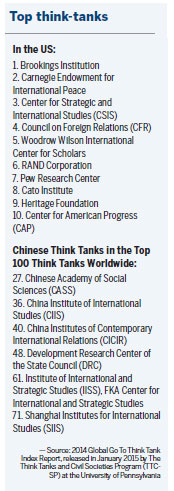
- Britain's Cameron says time to bomb militants in Syria
- Russia accept full suspension from athletics
- Turkish and Russian FMs to meet in Belgrade
- S.Korea, DPRK agree to hold vice ministers' meeting for improved ties
- Avoiding escalation over Russian warplane downing
- Rights panel presses US over scientists' cases
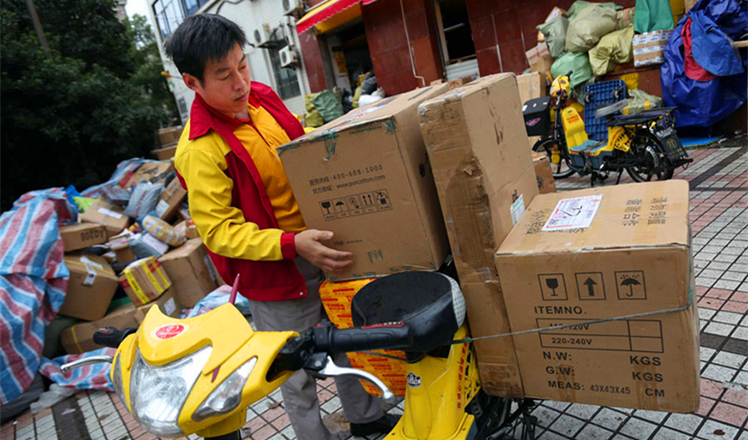
 A day in the life of a deliveryman
A day in the life of a deliveryman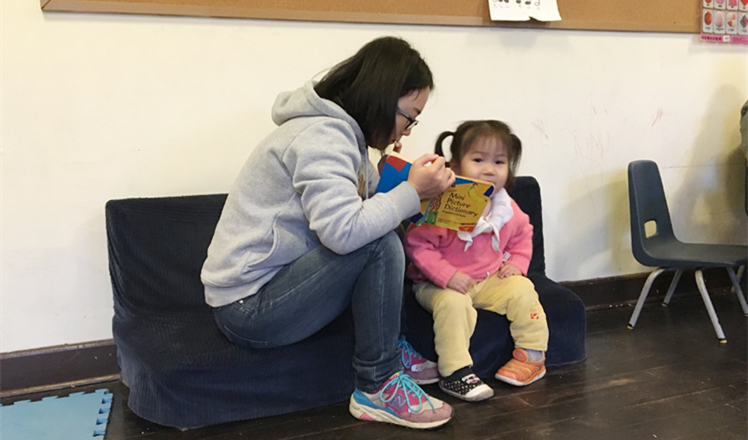
 Orphanage shows love and compassion across borders
Orphanage shows love and compassion across borders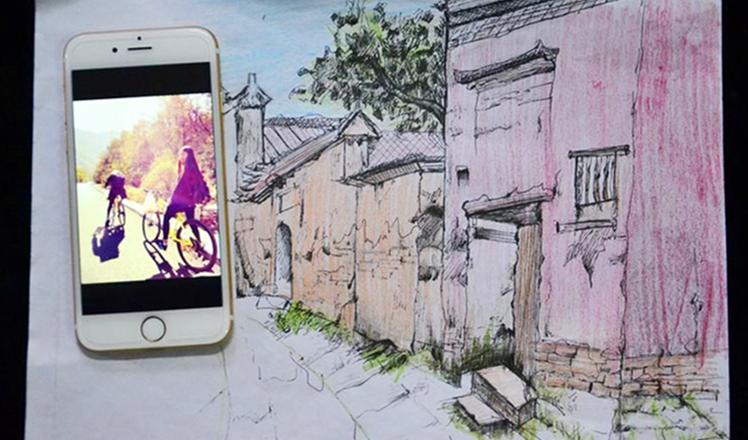
 College student paints creative travelogue
College student paints creative travelogue
 Macy's Thanksgiving Day Parade colors NYC
Macy's Thanksgiving Day Parade colors NYC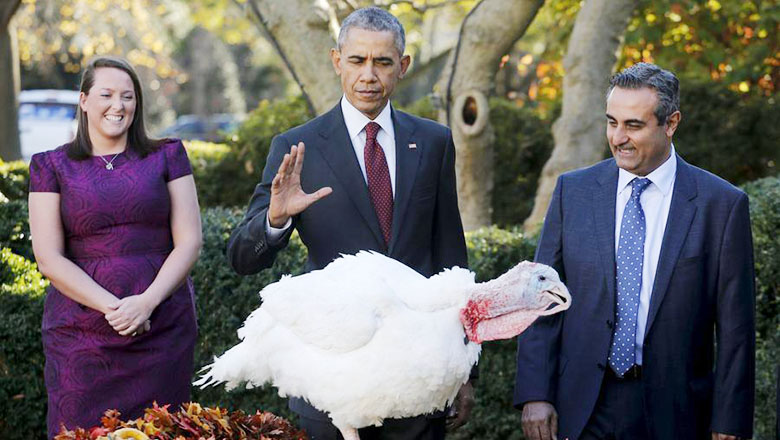
 Obama pardons National Thanksgiving Turkey 'Abe'
Obama pardons National Thanksgiving Turkey 'Abe'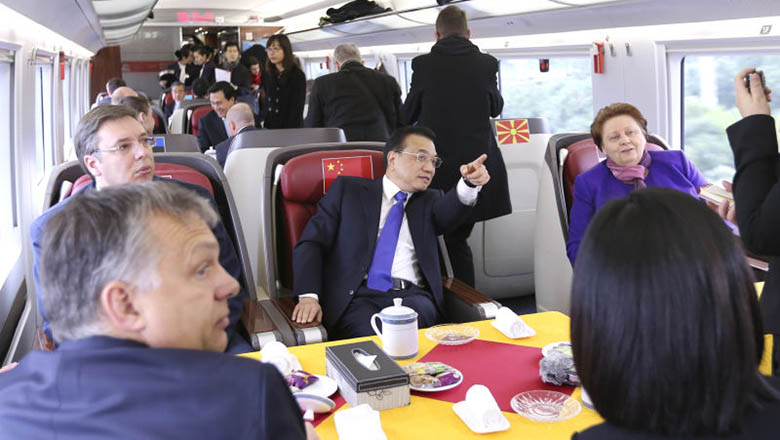
 Premier road show: Li takes CEE leaders on high-speed train ride
Premier road show: Li takes CEE leaders on high-speed train ride
 Trending: Love through war and peace
Trending: Love through war and peace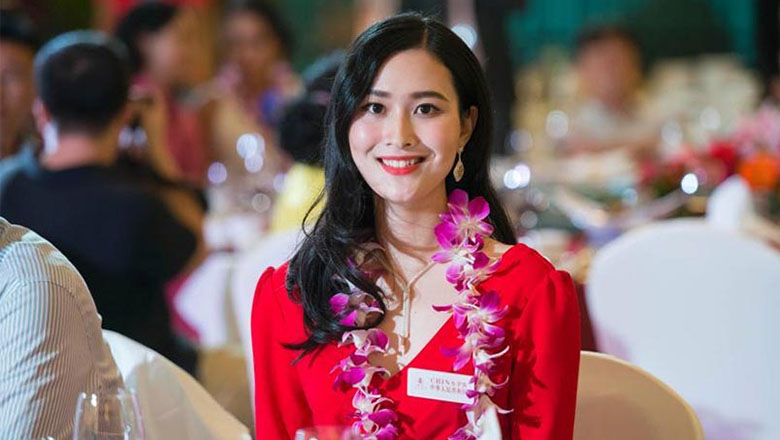
 Miss World 2015 to be crowned in Sanya
Miss World 2015 to be crowned in Sanya
Most Viewed
Editor's Picks

|

|

|

|

|

|
Today's Top News
Chinese president arrives in Turkey for G20 summit
Islamic State claims responsibility for Paris attacks
Obama, Netanyahu at White House seek to mend US-Israel ties
China, not Canada, is top US trade partner
Tu first Chinese to win Nobel Prize in Medicine
Huntsman says Sino-US relationship needs common goals
Xi pledges $2 billion to help developing countries
Young people from US look forward to Xi's state visit: Survey
US Weekly

|

|